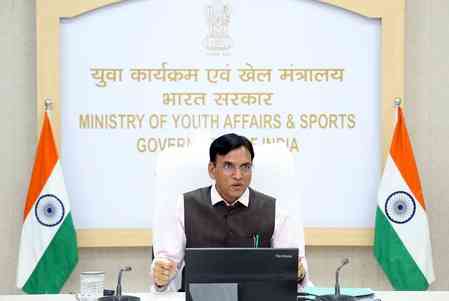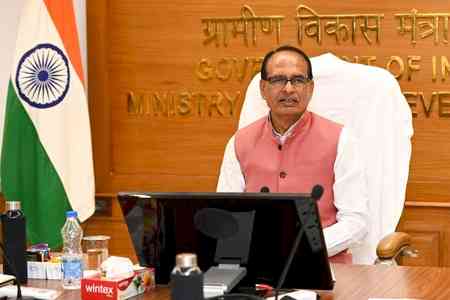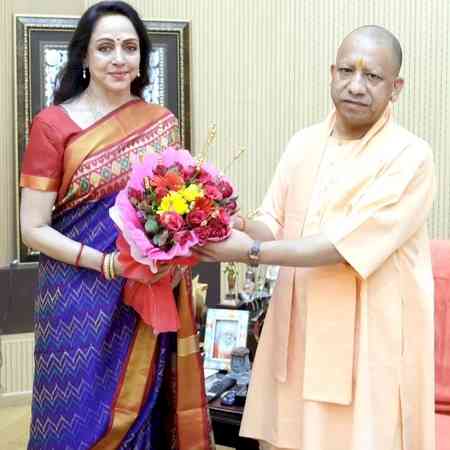False litigation by wife against husband amounts to cruelty: Delhi HC
Delhi High Court has observed that the consistent and persistent act of a wife pursuing false litigation against her estranged husband and his family members constitutes cruelty.

New Delhi, Sep 6 (IANS) Delhi High Court has observed that the consistent and persistent act of a wife pursuing false litigation against her estranged husband and his family members constitutes cruelty.
The division bench of Justices Suresh Kumar Kait and Neena Bansal Krishna noted that such false complaints and allegations by the wife amounted to mental cruelty against her husband.
The bench annulled the marriage of a couple who had married in 1992 but had been living separately since 1995, finding that this nearly 28-year separation also indicated grave cruelty.
"Such separation of almost 28 years is an instance of utmost mental cruelty, asking for immediate severance of matrimonial relationship on the ground of cruelty u/S 13(1)(ia) (relating to grounds for divorce) of the (Hindu Marriage) Act," the court said.
The court said that the woman had filed a case under Sections 498A (cruelty to woman), 504, and 506 (criminal intimidation) of the Indian Penal Code against her husband and his family members.
After a prolonged trial, they were acquitted, and her revision petition was also dismissed.
The bench said that the wife's consistent and persistent pursuit of litigation over time constituted an act of cruelty, especially when the alleged evidence of cruelty has not been proven in the case.
Rather than granting a divorce, the court held the marriage void under Section 11 (void marriages) of the Hindu Marriage Act due to the couple's close relationship.
The bench observed that they had a sapinda relationship because the woman's grandmother was the sister of her husband's father.
The woman argued that, as per custom in the Jhang Community, their marriage was recognised. However, the husband contended that the marriage was a nullity due to the violation of Section 5 (v) of the Hindu Marriage Act, which prohibits marriage between sapindas without a custom.
The court noted that to establish a custom overriding the Hindu Marriage Act, it must be proven to exist before the 1955 enactment. Since no such proof was found, the court ruled that the marriage was void.
It further said that the consequences of a marriage performed against the law would not diminish merely because it had not been questioned by the community.
“The factum of uninterruptedness of the custom is also not established. Merely because the stray incidents of marriage between the sapindas have not been questioned by the community, would not make out a case of positive assertion of a prevailing custom,” the court said.


 IANS
IANS 










